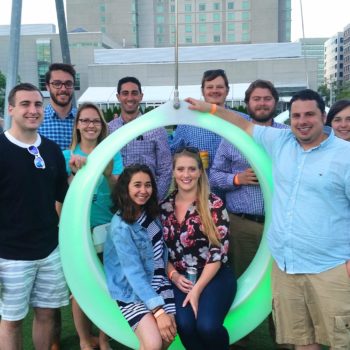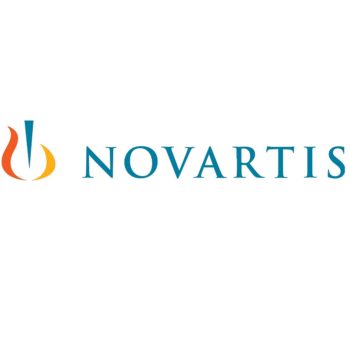What is Novartis CAR-T Therapy?
- Posted by ispeblog
- On July 17, 2017
CAR-T (chimeric antigen receptor T cell) therapy is different from typical small molecule or biologic therapies because it is manufactured for each individual patient using their own cells. During the treatment process, T cells are drawn from a patient’s blood and reprogrammed in a manufacturing facility to create T cells that are genetically coded to express a chimeric antigen receptor to recognize and fight cancer cells and other B-cells expressing a specific antigen.
The Novartis leukapheresis process uses cryopreservation which allows for manufacturing and treatment of patients from around the world. Cryopreserved leukapheresis involves removing white blood cells from a patient’s blood and preserving them at very low temperatures. Novartis commercial manufacturing for CTL019 continues to build on its experience in its Morris Plains, New Jersey facility, which has already manufactured CTL019 for hundreds of patients in global clinical trials. The experience gained at the Morris Plains, New Jersey facility will be a foundation for the eventual commercial manufacturing of CAR-T therapies by Novartis.
Because CTL019 is an investigational therapy, the safety and efficacy profile has not yet been established by Novartis. Access to investigational therapies is available only through carefully controlled and monitored clinical trials. These trials are designed to better understand the potential benefits and risks of the therapy. Because of the uncertainty of clinical trials, there is no guarantee that CTL019 will ever be commercially available anywhere in the world. (Source: Novartis Website, 13 July, 2017)
To read the full press release, please visit https://www.novartis.com/news/media-releases/novartis-car-t-cell-therapy-ctl019-unanimously-10-0-recommended-approval-fda


